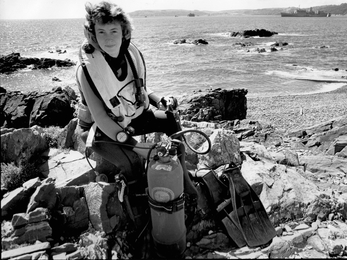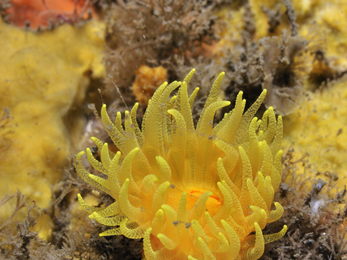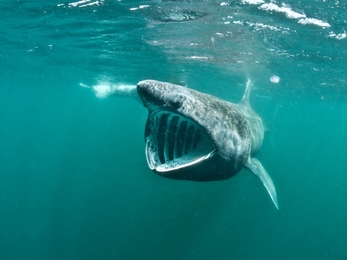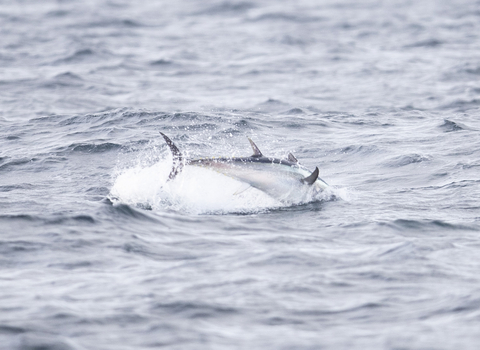The OBE has been awarded in recognition of Joan’s outstanding contribution to marine conservation over the last 30 years and her ongoing commitment to securing better protection for our seas.
Craig Bennett, The Wildlife Trusts’ chief executive, says:
“Joan lives and breathes the sea – when she’s not working flat out to secure better protection for the beauties of the deep she’s out on her kayak watching seals. Joan is a tireless campaigner whose passion for all things marine has won hearts and minds and has made a huge and positive difference for the level of marine protection that this country now enjoys.
“While much of her work is behind the scenes, informing government and marine industry discussions, Joan has also led many successful public campaigns resulting in landmark changes for our seas. She is an utterly tenacious campaigner and everyone single one of us who loves the sea should be absolutely delighted that her outstanding achievements have been recognised.”
Joan Edwards, The Wildlife Trusts’ director of marine conservation, says:
“I am humbled by this award and I’m also proud of everything that The Wildlife Trusts and our supporters have achieved to secure a brighter future for our seas.
“When I began my career in marine conservation thirty years ago there were only a tiny handful of marine protected areas. Our seas were under tremendous pressure from over-fishing, oil exploration and pollution. Endocrine-disrupting chemicals were preventing dog whelks from breeding, there was an epidemic of seal deaths in the North Sea and fish were being found covered in sores and lesions.
“We have come a long way since then, but our work is far from finished – there’s still so much more to do as pressures on the marine environment increase every day.”




